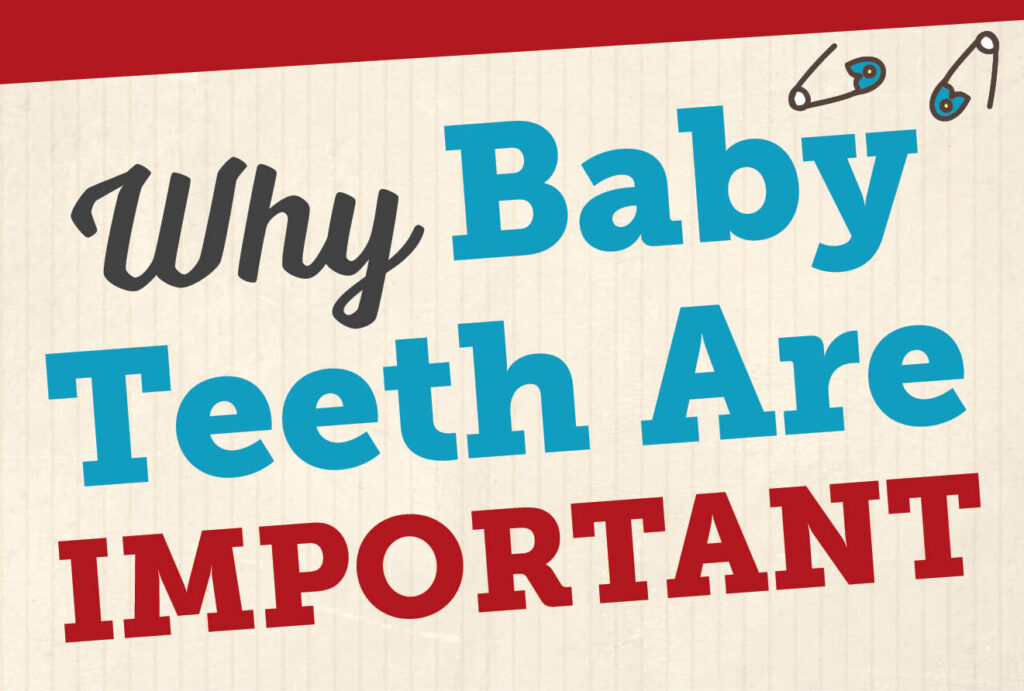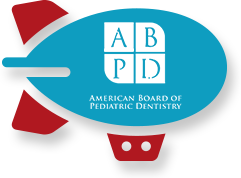Since Baby Teeth Are Temporary, Are They Important?
January 29th, 2015

We often hear people downplay the importance of primary teeth (also called “baby” or “milk” teeth). The front 4 primary teeth generally last until 6-7 years of age, while the back teeth (cuspids and molars) aren’t replaced until age 10-13. People mistakenly believe that since these teeth are temporary, that they do not matter in the long run. This will often lead to the neglect of primary teeth and can cause permanent damage.
In truth, it is very important to care for the health of the primary teeth. Untreated cavities frequently lead to problems which have long term effects on developing permanent teeth. Here are four reasons why caring for primary teeth is so important:
(1) Proper chewing and eating. A cavity free mouth often means that it’s easier to enjoy healthy foods without pain or discomfort. It also means that children are more likely to chew their food completely and are less likely to develop bad eating habits.
(2) Providing space for the permanent teeth. Primary teeth reserve space for the permanent teeth. They help in guiding primary teeth into the correct position.
(3) Permitting normal development of the jaw bones and muscles. Like any muscle, your baby’s face and jaw muscles need exercise to help them develop; healthy primary teeth allow for proper chewing to build these muscles. Without well-developed jaw muscles, your baby’s jawbones may not develop properly.
(4) Proper development of speech. Missing teeth can affect the ability for a child to form words and learn to speak properly. These speech problems can translate into difficulty later in life.
Aside from the reasons listed, there is a very practical reason for taking care of primary teeth: healthy smiles add to an overall attractive appearance which encourages a positive self esteem and good self image.




